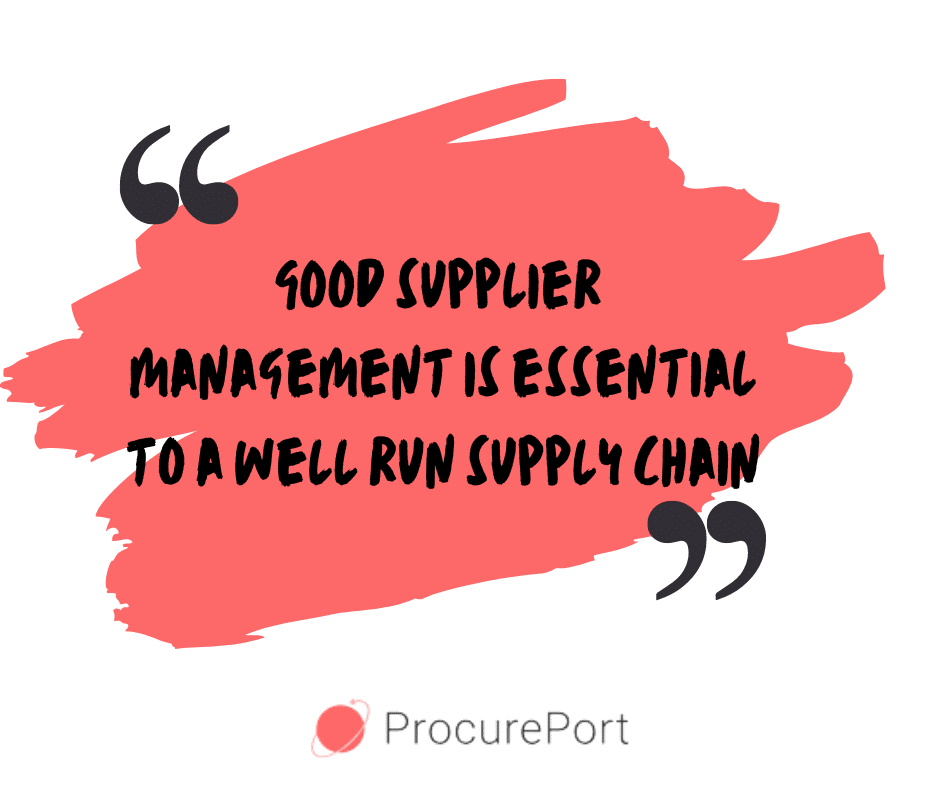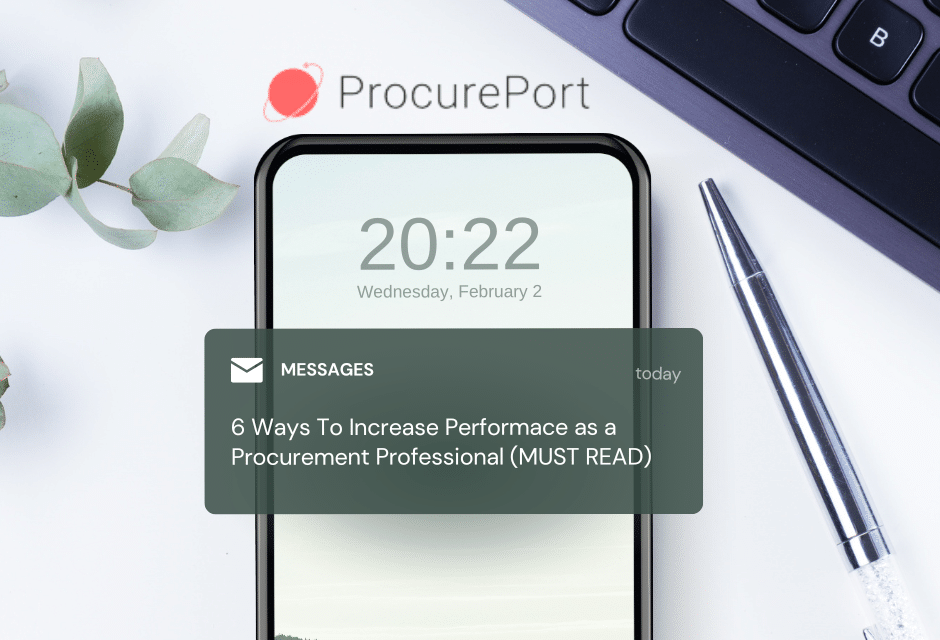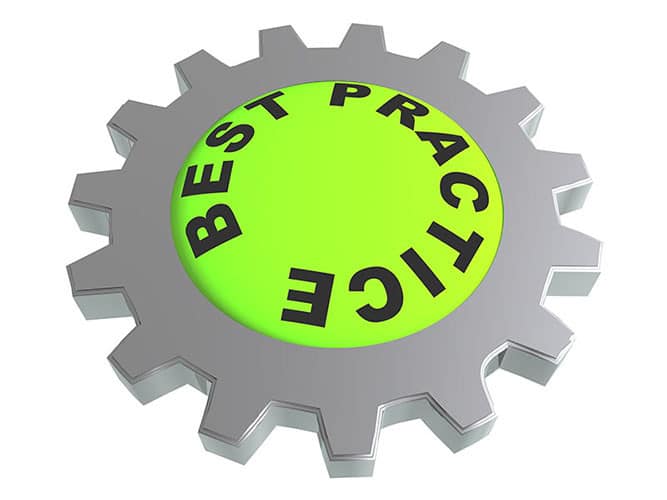Procurement is a crucial aspect of any business, and it plays a significant role in ensuring that the organization runs smoothly and efficiently. As a procurement professional, you are responsible for ensuring that your organization obtains the goods and services it needs at the right quality, quantity, and price.
In this blog post, we’ll discuss some best practices that can help you improve your performance as a procurement professional and ensure that your organization gets the best value for its money.
1. Establish Clear Procurement Policies and Procedures:
Having well-defined procurement policies and procedures is essential for a successful procurement process. Clear policies and procedures provide guidance and ensure that the procurement process is transparent, repeatable, and auditable. Additionally, they minimize the risk of non-compliance and help ensure that stakeholders have a clear understanding of the procurement process.
2. Leverage Procurement Technology:
Leveraging technology can significantly improve the efficiency and effectiveness of your procurement process. Procurement software can automate several procurement operations, including requisition management, supplier management, purchase order creation, invoice management, and reporting. Automation reduces manual processes, saving time and reducing errors. Schedule a demo with ProcurePort to see Procurement Technology in action.

3. Develop Strong Supplier Relationships:
Developing strong supplier relationships is critical to the success of the procurement process. By building long-term relationships with suppliers, you can improve the quality of goods and services while reducing costs. This can be done by establishing open communication channels, setting performance metrics, and offering feedback and incentives. ProcurePort’ Supplier Management Software can help with managing comprehensive supplier profiles as well as assist with Supplier Risk & Performance Management. Request a Demo of the ProcurePort Supplier Relationship Management Software.
4. Conduct Market Research:
Conducting market research is an essential part of the procurement process. By identifying potential suppliers and researching their capabilities, pricing, and delivery options, you can make informed decisions and select the best supplier for your organization’s needs.
5. Establish Supplier Risk & Performance Metrics:
Establishing clear performance metrics is crucial to ensure that suppliers deliver goods and services that meet the organization’s requirements. Metrics can be used to monitor supplier risk & performance and identify areas for improvement.
6. Focus on Continuous Improvement:
Continuously improving the procurement process can help increase efficiency and reduce costs. By analyzing procurement data, identifying patterns and trends, and implementing process improvements, you can optimize vendor selection, manage risk more effectively, and reduce costs. Curious how to measure purchasing performance? We have 5 ways you can read more about here.
In conclusion, as a procurement professional, you play a critical role in ensuring that your organization gets the goods and services it needs at the right quality, quantity, and price. By following these best practices, you can streamline your procurement process, develop strong supplier relationships, and deliver value to your organization.
Want to even further perfect the procurement process? Contact Procureport today!










